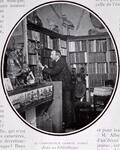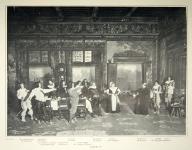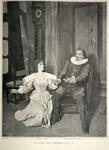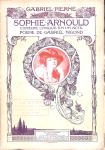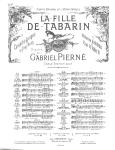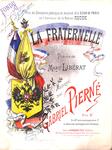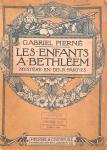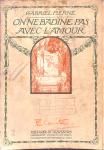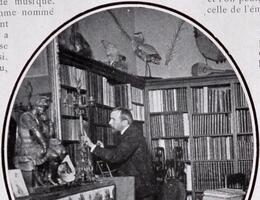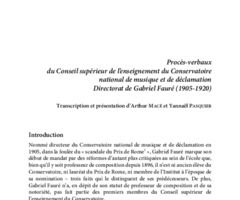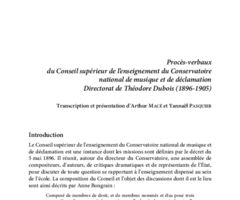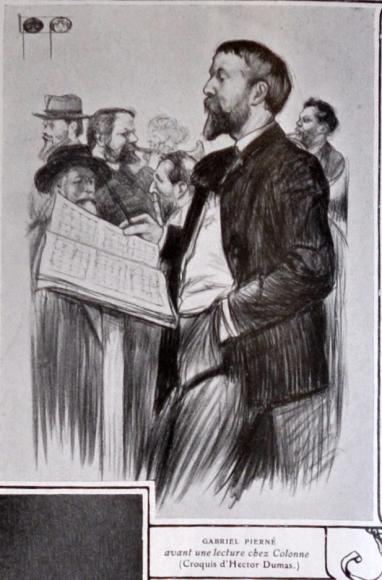
Gabriel PIERNÉ
1863 - 1937
Conductor, Composer, Organist
Born into a family of musicians in Metz, Pierné grew up in an environment that was particularly conducive to the early blossoming of his talent. Forced to leave Lorraine after the defeat of France in 1870, he entered the Paris Conservatoire where he studied under Marmontel (piano), Massenet (composition) and Franck (organ), before winning the Prix de Rome in 1882. From then on, he enjoyed a meteoric career: at the same time as succeeding Franck at the organ of the Sainte-Clotilde Basilica (from 1890 to 1898), he had numerous opportunities to showcase his abilities as a virtuoso and composer. Although his catalogue of works contains many pieces whose easy charm won him considerable acclaim at the time, Pierné only gained true recognition at the turn of the century with ambitious new works such as the symphonic poem L’An mil, the violin sonata and the opera La Fille de Tabarin. A talented conductor, he proved to be a fervent champion of both academic and avant-garde music at the head of the Concerts Colonne (1910-1934). These contrasting influences are also illustrated by his mature works (not only his chamber and orchestral music, but also the oratorio Saint François d’Assise, the opera Sophie Arnould and the ballets Cydalise et le Chèvre-pied and Impressions de music-hall). Open to the developments of his time and respectful of the precepts of official music, Pierné developed a personal style that combined balance and a spirit of compromise to create a subtle blend of instinct and knowledge, sensitivity and technique.
Scientific publications
Symposia
César Franck and His Legacy
Publication

